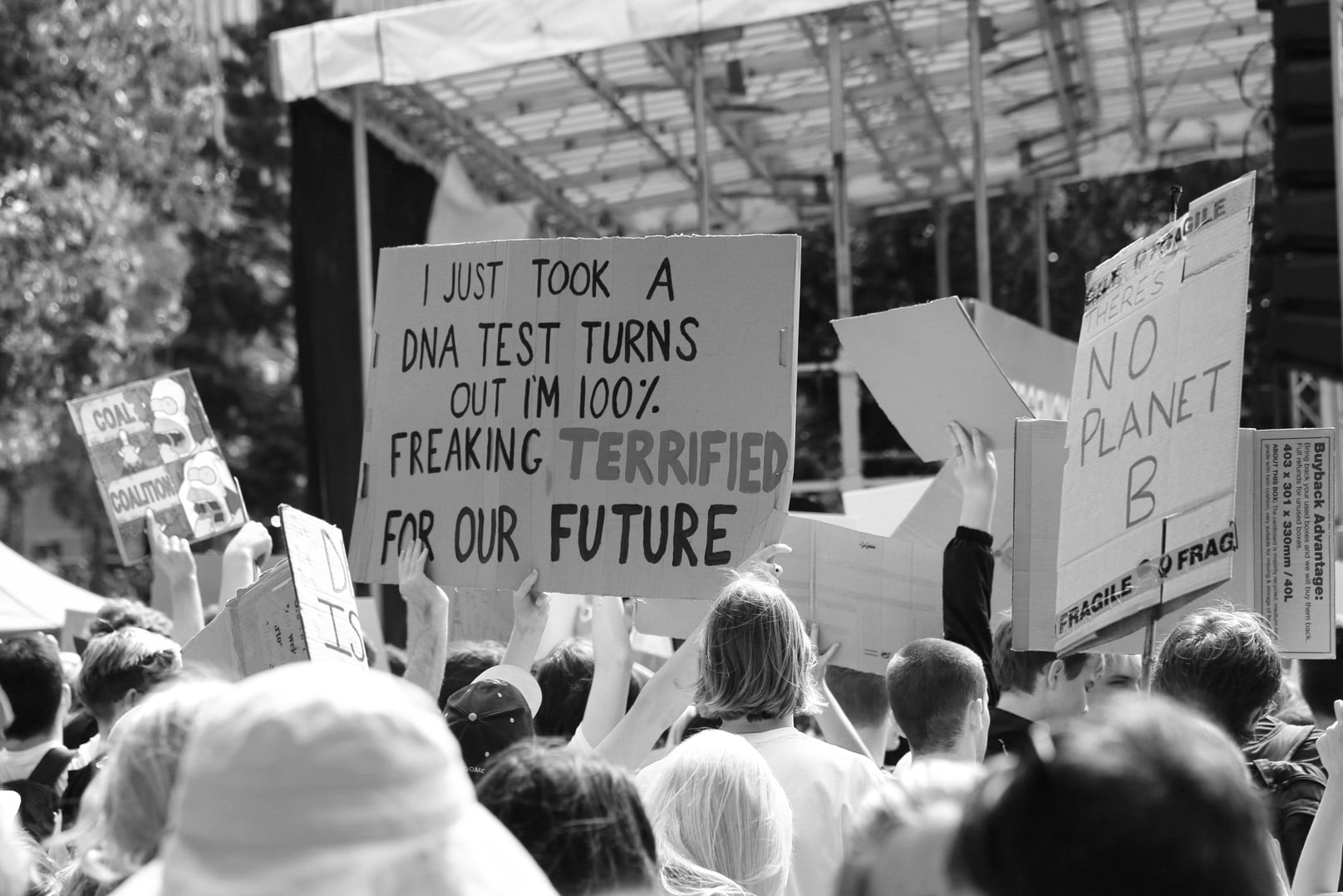
“Our planet is heading for disaster,” a reality that Sir. David Attenborough doesn't want us to forget.
While the impending fear of climate change – and the small window of time we have left to enact on it – should be enough to encourage our world leaders to shift their tone, Scott Morrison continues to put our country, and the rest of the world, last. Our Prime Minister had the chance to change Australia's climate policy – and once again, he didn't take it.
For many of us, Joe Biden's presidency and commitment to climate action showed promise for a change to our governments stance on the issue. The President-elect announced that the United States would be rejoining the Paris Climate Agreement, as well as committing to a target of net-zero emissions by 2050, a carbon-free energy sector by 2035 and spending $2 trillion USD over four years on clean energy. This pledge comes a year on from Donald Trump's formal withdrawal notice – a decision that was understandably met with heavy criticism.
Although Biden's commitment has inspired confidence in a cleaner, more renewable future, Morrison has refused to jump on board, announcing that the USA's changes will not influence Australia's approach to climate change policies, including setting a net-zero emissions target.
"Australia will always set its policies based on Australia's national interests and the contributions we're making in these areas," Mr Morrison said.
"United States will make their decisions based on their interests and their capabilities and how their economy is structured and we'll do the same."
According to a report released by Deloitte Access Economics earlier this month, the Australian economy with lose more than $3 trillion and nearly a million jobs over the next 50 years if climate change is not addressed soon. With this in mind, how many people – and for how much longer must our planet suffer – before it does become within our national interest?
Australia is currently the third largest exporter of fossil fuels, accounting for 7% of global fossil fuel exports based on their carbon dioxide potential. The Australia Institute's 2019 report also found that in relation to domestic emissions, Australia is the 14th biggest emitter despite having just 0.3% of the global population.
Earlier this year, the Federal Government released its Technology Investment Roadmap – an approach to reducing carbon emissions that shifts the focus to five key technologies. The roadmap will support $18 billion of Commonwealth investments towards hydrogen, carbon capture and storage, soil carbon, storage options and 'low-carbon' steel and aluminium production.
"Our goal is to achieve that as soon as you can, but we will do it on a basis of a technology roadmap," he said.
"So we have the technology to achieve lower emissions in the future... You have got to have the plan to get there."
While this is certainly a step in the right direction, it's difficult to understand Morrison's reluctancy to committing to a net-zero emissions target, given the Prime Minister himself describing it as "achievable."
As we head into summer and are reminded of the devastating bushfires that ravaged across the country this time last year, Mr Morrison's hesitation reinforces one thing – when it comes to climate action, he is not willing to take the necessary steps to protect the planet, or our country for that matter, for future generations to come.



